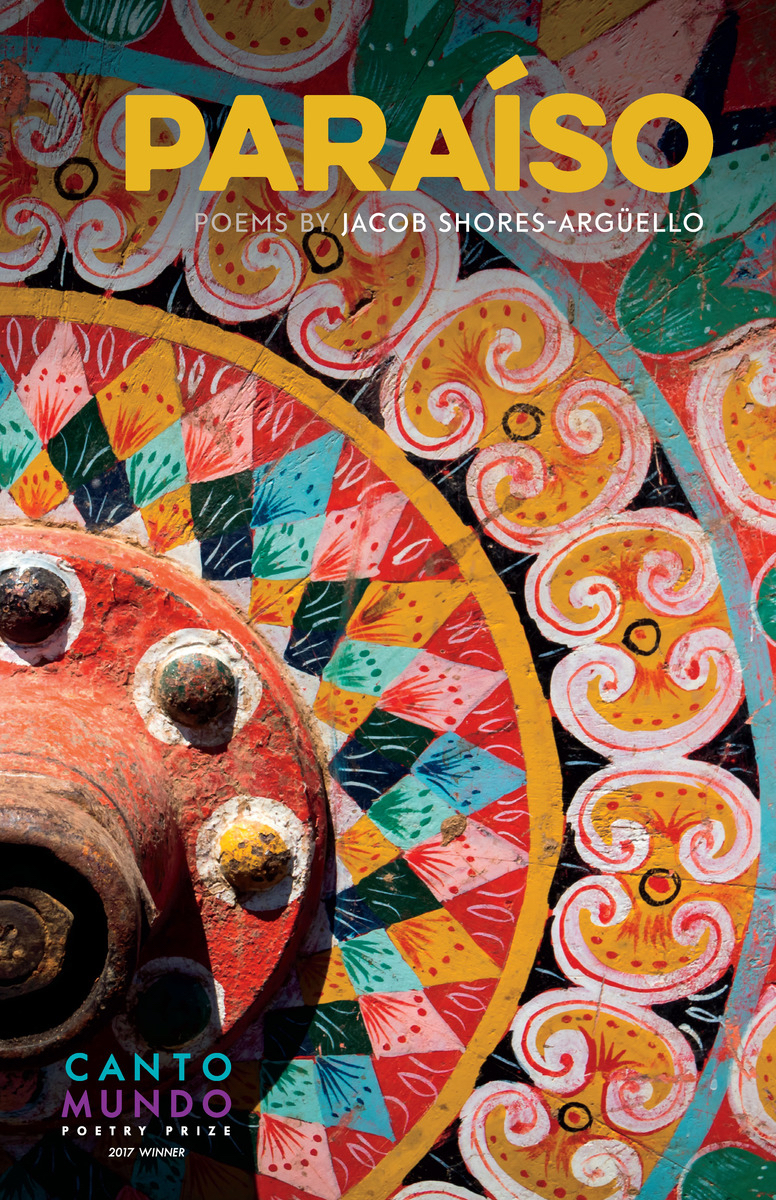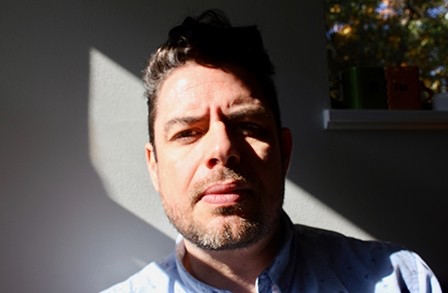Jacob Shores-Argüello, a writer and 2011 graduate of the Program in Creative Writing and Translation, is the recipient of the 2018 Lannan Literary Fellowship for Poetry, a $100,000 prize.
In this conversation, he talks about his poetry, traveling to Costa Rica and New Zealand to research his current book-in-progress, how his work revolves around the exploration of both real and imagined borders, and how much he enjoyed the tight-knit, familial community of Northwest Arkansas and the creative writing program.
Q: Can you tell us a little about your career, what you studied in college, and how the two relate to one another?
I studied creative writing with a focus on poetry at the University of Arkansas.
My career has been mostly about publishing books, going on writing fellowships, and being a professor of creative writing.
Not that I think that studying creative writing is only about getting jobs in academia — creative writing teaches skills that are essential to a variety of careers.
 Q: What has been one or two of the most interesting or exciting accomplishments for you in your career or life post-college?
Q: What has been one or two of the most interesting or exciting accomplishments for you in your career or life post-college?
I am finishing up my time as a Hodder Fellow at Princeton University.
This fellowship allowed me time to write and research my next book. I traveled to Costa Rica, where I looked at the interplay of cultural symbols between North and Central America, and to New Zealand, where I investigated the Whanganui river, the first natural feature in the world to be given legal personhood.
My work revolves around the exploration of borders, both real and imaginary, and this last year gave me the chance to get some of that border crossing done.
Q: What was one of your favorite memories of your time at the college and why?
The creative writing program, and Fayetteville itself, are undeniably tight-knit communities. I liked how familial it all was.
That being said, my favorite moments were when the big world came to visit. The creative writing program remarkably brought in the poet W.S. Merwin, someone who was very much a leading light in world poetry.
That was a big day for me, and something I will never forget.
Q: Now that you've achieved so much in your career, what advice would you give to students?
Securing fellowships, opportunities, jobs — all of it requires you to communicate your passions to an audience.
I'd like to remind students to look very closely at the ways they talk and write about the things that drive them.
This may seem too simple, but too often people just don't put the work in. A good idea gets you nowhere if you can't communicate it in clear and beautiful ways.
Q: What do you like to do during your time outside of work?
That's a pretty hard question. Doing something creative for your job means that work has a tendency to follow you around.
For instance, I would say that travel is something that I like to do, but I've not gone on a trip yet that didn't turn into work somehow.
People say, "love your job and you will never work a day in your life." True, but that also means that you'll never go on a vacation.
Q: What's up next on the horizon for you?
I am hoping to finish my next book. This last year of traveling and research has been extraordinary, now all I need to do is to get more of it onto the page.
Topics
Contacts
Andra Parrish Liwag, director of communications
J. William Fulbright College of Arts and Sciences
479-575-4393,
